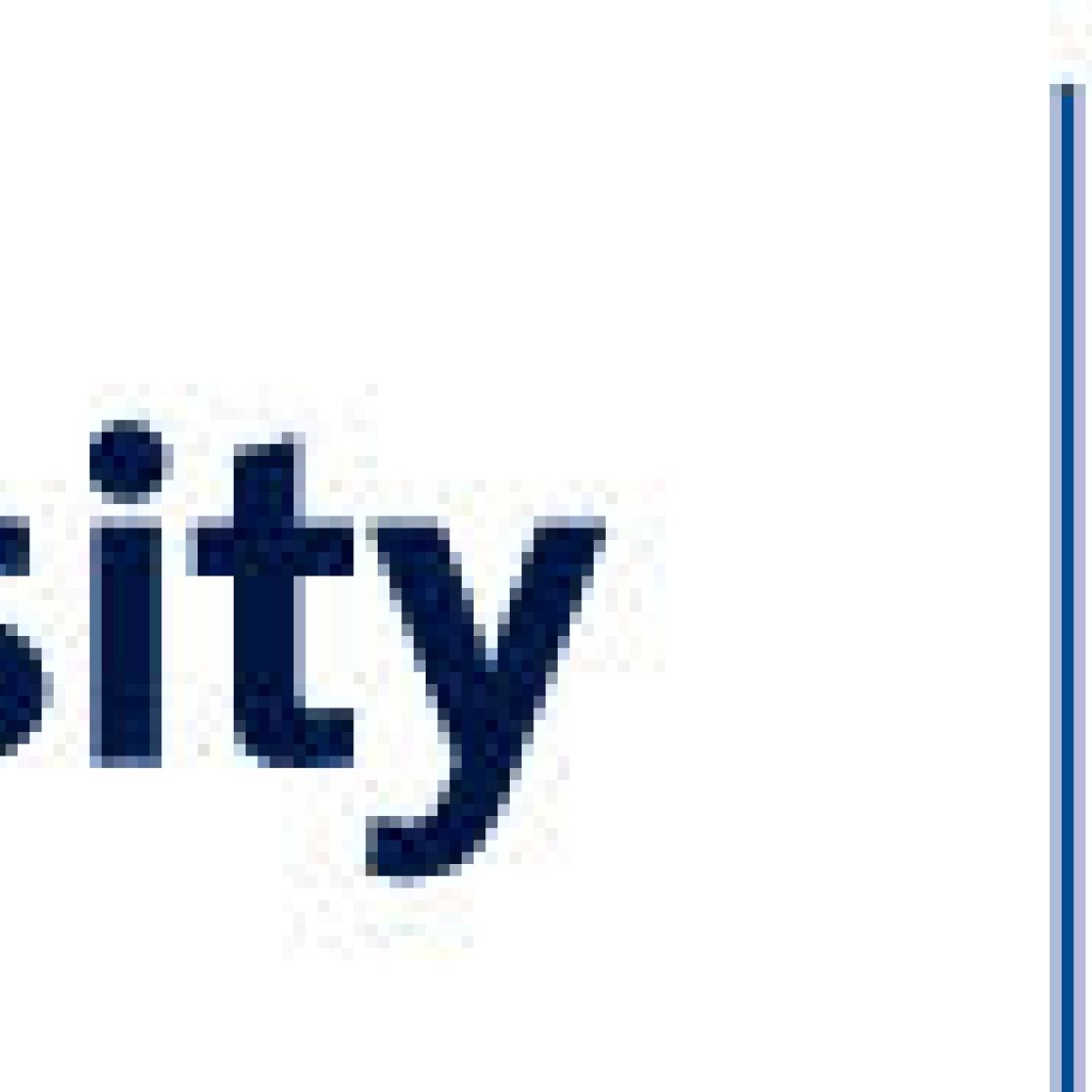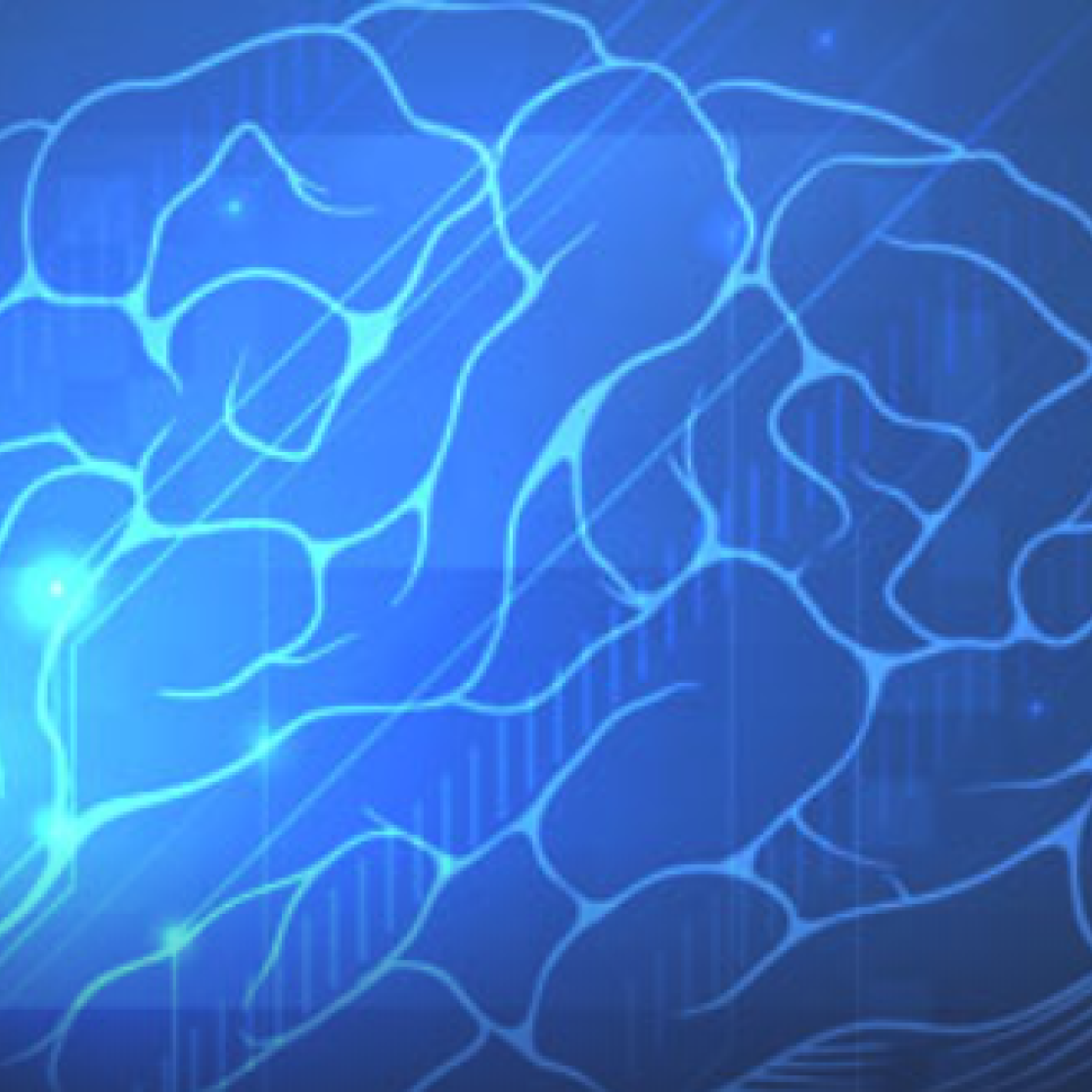


About the MHeNS Research Divisions:
The key role of the three Research Divisions of MHeNS
The three divisions of MHeNS are of great importance for MHeNS and its research infrastructure and community of researchers. They ensure our integrated approach among the various disciplines in Neuroscience, Behavioural Science, Bioinformatics and the wider areas of Medicine and Life Sciences. Each of the divisions brings together researchers from different departments and a wide range of disciplinary backgrounds and fosters interdisciplinary research and education through regular seminars, workshops, training events and other means of academic interaction.
The purpose of the divisions is to join forces to coordinate and stimulate research within MHeNS and to structure it and to promote international cooperation by:
- promoting and coordinating interdisciplinary research within MHeNS as a leading research school in diverse fields and disciplines and throughout the research chain from basic fundamental research to translational research;
- to take responsibility for the practical usefulness and exploitation of the research in all these areas and disciplines;
- promoting communication between researchers (trans- and multidisciplinary) in the various research lines, PI groups, departments and other collaborating partners in research and promoting national and international collaboration and PhD programmes;
- maintaining close contact with clinicians at MUMC, particularly the Brain and Nerve Centre and the Centre for Ophthalmology, and many other national and international clinical centres of excellence.
The MHeNS divisions have a shared mission to provide inspiring and innovative research environments for both junior and senior researchers and to promote the development of scientific knowledge and collaboration.
Division 1. Cognitive Neuropsychiatry & Clinical Neuroscience

Division leader: Professor Frans Verhey
Division Deputies: Prof. C. van Heugten / Prof. R. van Oostenbrugge
Aim and mission of Division 1
Researchers in this division investigate both the effects of biological, neuropsychological and psychosocial factors, and the effects of ageing on cognition, and on the progression of neurological diseases itself. This division focuses particularly on late life event problems and ageing. Research of Division 1 is related to neuropsychiatric and neurological disorders studied in clinical cohorts (e.g. patients with Alzheimer’s disease, stroke and brain injury) and in cohorts of healthy ageing subjects, focusing on cognitive functioning. Research and care are highly integrated in center, such as the Alzheimer Centrum Limburg, the Brain Injury Center, and the Center for Movement Disorders.
With respect to the core topics, the focus is upon
- Neurodegeneration of the CNS: Alzheimer’s disease and its prodromal phases, other dementias
- Vascular Cognitive Impairment and Stroke
- Parkinson’s disease,
- Peripheral nervous system disease,
- Acquired brain damage,
- MS
- Epilepsy
Strategy
The Division Cognitive Neuropsychiatry & Clinical Neuroscience (CNP&CNS) performs fundamental and applied multi-disciplinary research on cognitive disorders and other neurological and otorinolaryngological disorders, to generate new insights into the mechanisms of these conditions. The ultimate goal is to improve diagnosis and treatment, and quality of life of people with cognitive and other neurological disorders.
At the division level, each division leader directs all research projects and educational activities at the level of the division. Within the divisions, senior researchers in the position of post-doc, assistant, associate and full professor lead a group of researchers on a specific theme. The divisions have their own division structure with research and expert groups. More information on the specific research groups is available by clicking here.

General programme presentation
Bonus content
Education during COVID-19
What does education in the Data Science and Artificial Intelligence programme look like during COVID-19? One of our lecturers, Dr. Marieke Musegaas, tells you all about it.
Building tour: Paul-Henri Spaaklaan 1
We moved into a brand new building this January, and then the COVID-19 pandemic happened... While we still have on-site education going on, we haven't had time to create a proper building tour.
We did, however, strap a GoPro camera to a random employee and made them walk all over the building. Here's the result of that: this is our building, Paul-Henri Spaaklaan 1!
A day in the life of a student
A day in the life of... 2nd year Data Science and Artificial Intelligence student Meijke Thijsen.
After your bachelor's programme in Data Science and Artificial Intelligence
Iulia Feroli recently graduated with a bachelor's in Data Science and Artificial Intelligence. She went on to become a Cloud Solution Architect (focusing on Data Science and AI) at Microsoft.
How did she get there? What's it like and how did her studies prepare her for that? Meet Iulia!
Where are all the robots?
So, about those robots in our advertising...
They're genuine! On the second floor we have our DKE Lab, where you can find - among others - the guys from SwarmLab. In this video, they tell you where and when you'll encounter them and their robots during the study programme.
Questions?
We're happy to help you - send an e-mail to info-dke@maastrichtuniversity.nl or check whether the answer to your question can be found on our programme website.